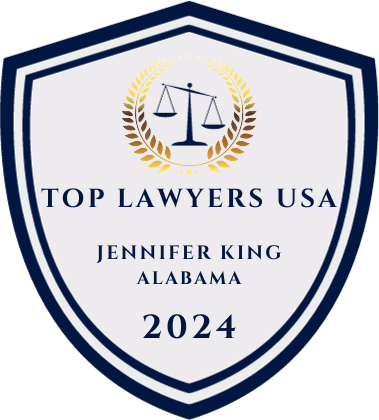
D-I-V-O-R-C-E
You can find a huge amount of information about divorce online today (some good and some bad). In perusing the information out there, I even ran across some articles about music and top songs to get your through a divorce (if you find yourself needing a pick me up, take a peek).
The songs ranged from “I’m Still Standing” by Elton John to “I Will Survive” by Gloria Gaynor. This got me thinking of the old country song, “D-I-V-O-R-C-E” sang by Tammy Wynette and I developed the following acronym or commonly used terms in a divorce proceeding:
D—“Divide” Whether your divorce is contested or uncontested, your attorney will need to assist you with a division of your assets and debts. If the court hears your case, the court is required to make an equitable (does not necessarily mean equal) division of your assets and debts.
I—“Irreconcilable Differences” In speaking with clients, this ground for divorce is brought up most often by clients, but also is the most misunderstood. This ground requires you and your spouse to have agreed to all issues in your divorce (property and debt issues, parenting plan, support issues) and does not simply mean that you both agree to get a divorce.
V—“Violence” If there is abuse occurring in the marriage, a restraining order or order of protection may need to be obtained. If you are the victim of domestic abuse, remember you are not alone and you should not hesitate to inform your attorney or other outreach program.
O—“Order” This will become a familiar word to you during your divorce proceeding. Depending on the issues involved, we may have numerous orders in your case. An Order is a written instrument signed by the judge which will direct the parties of action to take or possibly action not to take.
R—“Request for Production of Documents” Requests are a set of discovery which require a party to provide documentation. An example may be to require a party to provide their income tax returns or credit card statements.
C—“Custody” The old term for what is now deemed the “Primary Residential Parent.” If you have children, we will have to prepare a parenting plan which will include a designation of a Primary Residential Parent.
E—”Expert Witness” An expert may be necessary to your case. The expert can take the form of an accountant, appraiser, counselor, etc.
The risk of suffering a data breach has never been higher, especially for businesses in Foley, AL and Gulf Shores, AL. Small businesses are three times more likely than larger businesses to be targeted by cybercriminals. The costs of a cyberattack, both in terms of financial and reputational damage, can be devastating to small businesses. […]
You have spent years building your business in Foley, AL and Gulf Shores, AL, but at some point, the time will come for you to sell the company and exit. While many business owners choose to keep the company in the family, that is not always realistic. Family members may not have the interest or […]
Over time, your business can undergo significant changes. What may have started as a humble, one-person operation in Foley, AL can grow into a more complex company, with multiple owners, employees, an evolving mission statement, and increasing risks. As the scope and goals of your business shift, an accompanying change in business structure might be […]
Small business owners in Foley, AL and Gulf Shores, AL are no strangers to government regulations. There are many requirements that businesses must be aware of and comply with, including business license and permit rules. Most businesses must obtain licenses or permits, so it is important for each business to know which ones it needs. […]






